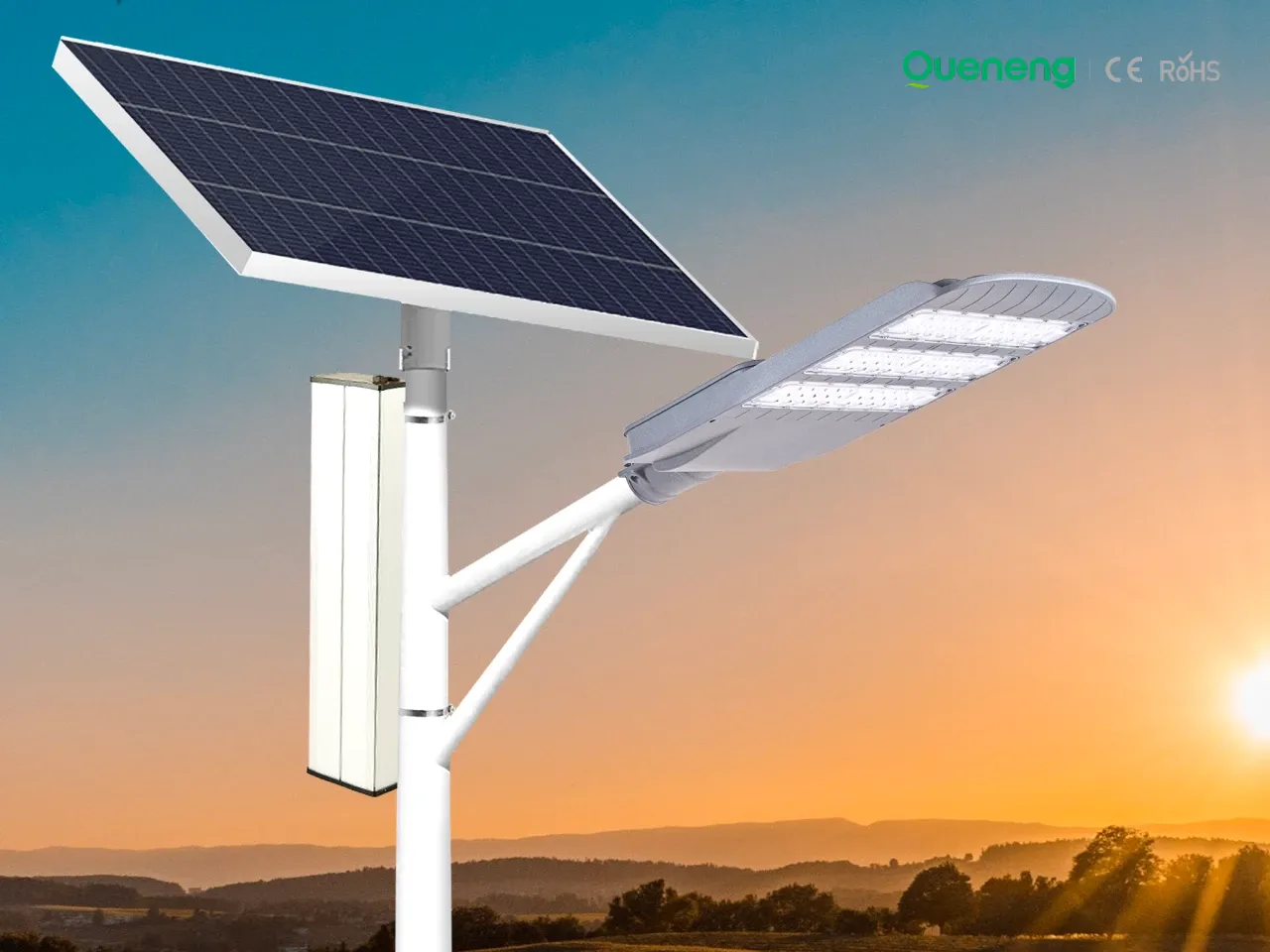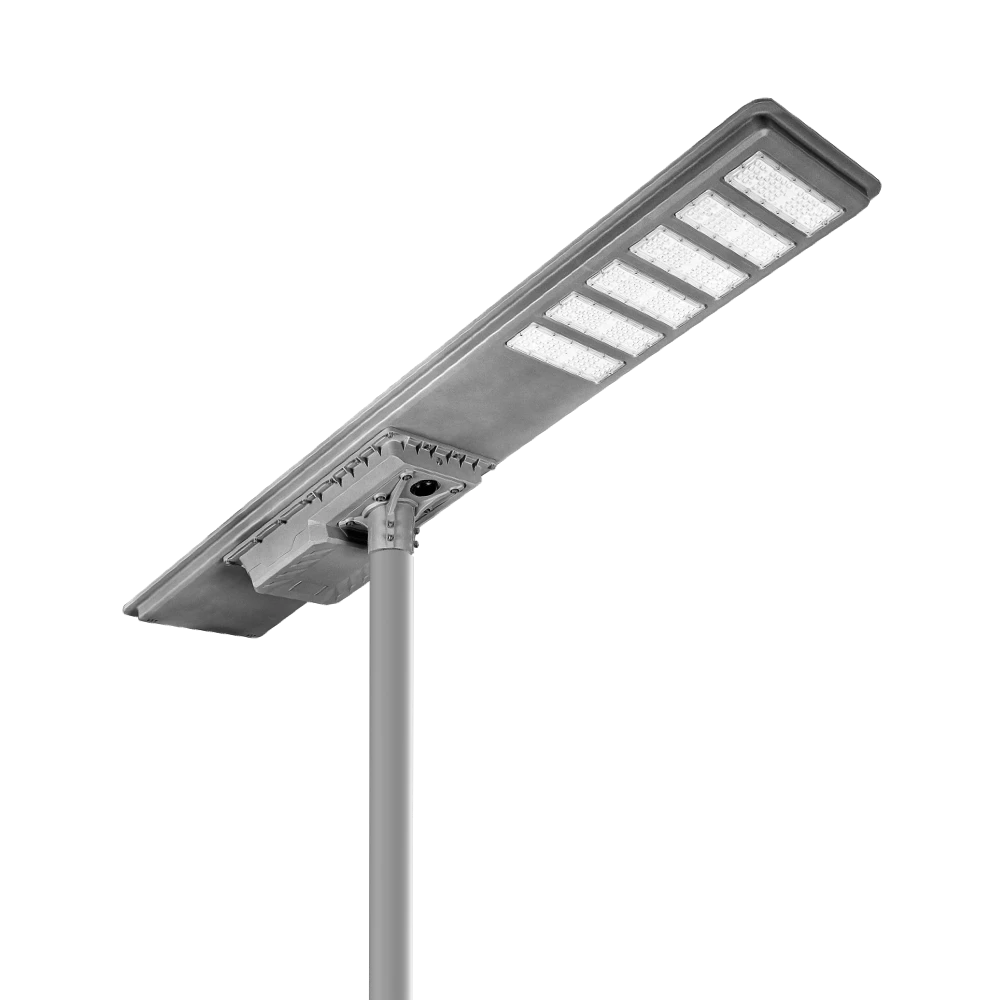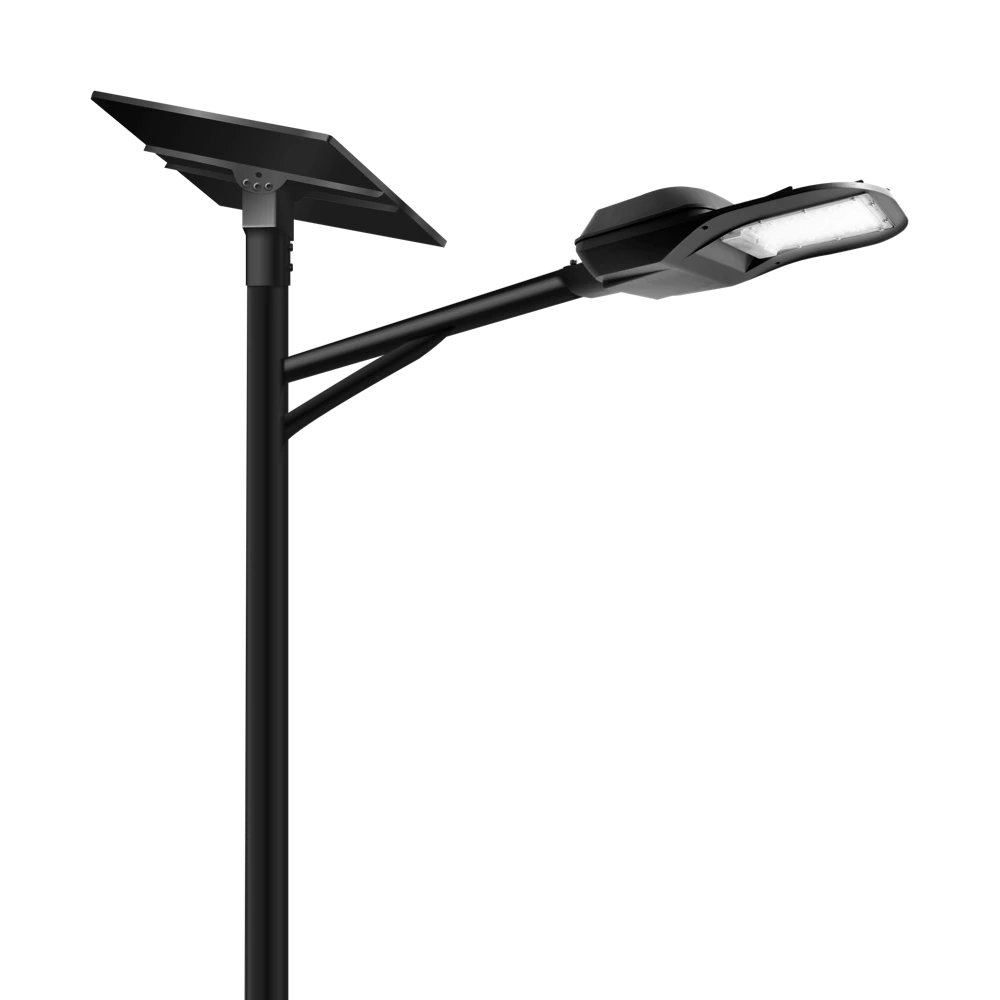OEM anti-corrosion solar lights | Insights by Quenenglighting
Navigating OEM Anti-Corrosion Solar Lights: A Buyer's Essential Guide
In the demanding world of outdoor infrastructure, especially in coastal, industrial, or high-humidity regions, the longevity and reliability of solar lighting are paramount. OEM anti-corrosion solar lights are not just a convenience; they are a necessity for ensuring consistent performance and minimizing maintenance costs. As a professional in procurement or project management, understanding the nuances of these specialized products is key to making informed decisions. Here, we address the top five questions buyers frequently ask.
What are the most effective anti-corrosion materials and coatings for OEM solar lights in harsh environments?
The choice of material and coating is fundamental to a solar light's lifespan in corrosive environments. For poles and housings, hot-dip galvanized steel is a primary choice, offering cathodic and barrier protection with a zinc coating typically over 85 microns. This can withstand severe environments (e.g., C5 category according to ISO 12944) for 20+ years. Marine-grade aluminum alloys (such as 6061 or 6063 T5/T6) are excellent for fixtures due to their lightweight and inherent corrosion resistance, often further enhanced by anodization (creating a hard, non-reactive oxide layer, typically 15-25 microns thick) or high-quality powder coating. For mounting hardware and smaller components, 316L stainless steel offers superior resistance to chloride corrosion compared to 304 stainless steel, making it ideal for coastal applications. Advanced polymeric coatings, like those meeting ASTM B117 salt spray tests for 1000-2000 hours, provide an additional layer of robust protection.
How can I verify the actual corrosion resistance and durability of OEM solar lights before purchase?
Verifying claims requires looking beyond mere statements. Insist on products tested to international standards. The ASTM B117 Salt Spray Test is a widely accepted accelerated corrosion test; a product surviving 1000 hours often indicates good corrosion resistance for outdoor applications, while 2000+ hours suggests exceptional durability. For specific environmental conditions, reference ISO 12944, which categorizes environments (C1 to CX – extremely severe) and specifies protective paint systems. Request third-party test reports or certifications from the OEM. Additionally, scrutinize the warranty terms; a longer, comprehensive warranty often reflects the manufacturer's confidence in their product's durability. Inquire about the manufacturer's quality control processes and material traceability.
What is the expected lifespan of anti-corrosion OEM solar lights, and which components are most critical for longevity?
A well-engineered anti-corrosion solar light system can last significantly longer than standard units, typically 10-15 years or more in challenging environments. The lifespan is a sum of its parts. Critical components and their typical lifespans include:
- LED Light Engine: 50,000 to 100,000 operating hours (L70 rating), translating to 10-20 years of nighttime use.
- LiFePO4 Battery: Known for stability and safety, high-quality LiFePO4 batteries offer 2,000 to 4,000 charge/discharge cycles, equating to 7-10 years of reliable operation.
- Solar Panel: Monocrystalline silicon panels degrade slowly, typically retaining 80% of their initial output after 25 years.
- Housing & Pole: With proper anti-corrosion treatment (e.g., hot-dip galvanization, marine-grade powder coating), the structural components can last 15-25 years, often outliving the electrical components.
The overall system longevity hinges on these components working in harmony, protected from environmental degradation.
Are there specific design considerations for OEM anti-corrosion solar lights to maximize performance and minimize maintenance?
Beyond material choice, intelligent design plays a crucial role. Look for:
- High IP Ratings: Minimum IP66 or IP67 is essential for protection against dust ingress and powerful water jets/immersion, which prevents moisture and corrosive agents from reaching internal electronics.
- Integrated Design: All-in-one designs often minimize external wiring and connection points, reducing potential ingress pathways for moisture and pollutants.
- Effective Thermal Management: Proper heat dissipation for LEDs and battery compartments (e.g., through finned designs or internal heat sinks) prevents premature component degradation, especially in hot climates.
- Modular Components: Systems designed with easily replaceable battery packs, LED modules, or controllers simplify maintenance and reduce downtime.
- Robust Sealing: High-quality silicone gaskets and sealed enclosures are critical to prevent water and salt ingress over time.
- Aerodynamic Profile: For pole-mounted lights, a design that minimizes wind load reduces stress on the pole and foundation.
What are the key cost drivers for anti-corrosion OEM solar lights, and how does this impact long-term ROI?
The initial investment for anti-corrosion OEM solar lights is typically higher than standard units. Key cost drivers include:
- High Quality Materials: Use of 316L stainless steel, marine-grade aluminum, and hot-dip galvanized steel is more expensive than conventional materials.
- Advanced Coatings & Treatments: Specialized powder coatings, anodization, and electrophoretic deposition (E-coating) add to manufacturing costs.
- High-Performance Components: Higher capacity, longer-cycle LiFePO4 batteries, more efficient monocrystalline solar panels, and superior LED drivers increase component cost.
- Rigorous Testing & Certification: Compliance with international standards and third-party verification adds to product development expenses.
However, this higher upfront cost leads to significant long-term ROI. The reduced frequency of maintenance, fewer replacements, and avoidance of premature system failures translate into lower total cost of ownership (TCO) over the product's lifespan. For instance, replacing a corroded standard light every 3-5 years versus a robust anti-corrosion light lasting 15+ years clearly demonstrates long-term savings in labor, equipment, and purchasing cycles. Investing in quality prevents costly project delays and enhances reputation.
Quenenglighting: Your Partner for Durable OEM Anti-Corrosion Solar Solutions
At Quenenglighting, we understand the critical demand for reliable solar lighting in the most challenging environments. Our commitment to OEM partners is built on:
- Uncompromising Material Selection: Utilizing hot-dip galvanized steel, marine-grade aluminum alloys, and 316L stainless steel, coupled with advanced multi-layer powder coating and anodization processes.
- Certified Performance: All products undergo rigorous testing, including ASTM B117 salt spray tests for extended durations, ensuring compliance with global durability standards.
- Optimized Lifespan: Integrating high-cycle LiFePO4 batteries (typically 3000+ cycles), high-efficiency monocrystalline solar panels (25-year performance warranty), and high-lumen LEDs (L70 > 50,000 hours) for a comprehensive long-term solution.
- Intelligent & Robust Design: Featuring IP67-rated enclosures, superior thermal management, and modular components for easy maintenance and maximum resilience against environmental stressors.
- Value-Driven ROI: Our solutions, though a High Quality investment, deliver substantial savings in maintenance, replacement, and operational continuity, providing a superior total cost of ownership.
Partner with Quenenglighting to equip your projects with OEM anti-corrosion solar lights that promise unmatched durability and performance, even in the harshest conditions.

Have more questions about our products or services?
The latest hot news you might like




A comprehensive 2026 guide to solar street light pricing. Covers commercial installation costs, LiFePO₄ battery trends, smart IoT features, and a detailed ROI comparison against traditional grid lighting.
FAQ
Battery Types and Applications
What is a photovoltaic cell?
Municipal and Public Infrastructure
How much maintenance do solar streetlights require?
Solar streetlights are low-maintenance. Routine checks on the solar panels and battery performance every 6-12 months are sufficient to ensure optimal operation.
Sustainability
How should I maintain solar street lights for optimal performance?
To ensure optimal performance, we recommend cleaning and inspecting the lights every 6–12 months. Regularly cleaning the photovoltaic panels, checking the battery health, and confirming the integrity of the lights and control systems are essential for long-term reliable operation.
Solar Street Light Luhao
How long does it take to install the Luhao solar street light?
Installation of the Luhao solar street light is quick and easy. It typically takes only a few hours to install the light, and no electrical wiring is required, making it a straightforward solution for both residential and commercial use.
Battery fundamentals and basic terms
What is nominal voltage?
All-in-one solar street lights
Are all-in-one solar street lights easy to maintain?
Yes, integrated design simplifies inspection and replacement.

Queneng’s Solar Street Lights are designed to provide reliable, energy-efficient lighting for streets, parks, and other outdoor spaces.

Introducing the Luqing Solar Street Light by Queneng, Efficient LED lighting powered by solar energy is perfect for illuminating outdoor areas. Harness the power of solar energy for sustainable, reliable street lighting. Ideal for eco-friendly, cost-effective outdoor illumination solutions.

Queneng's Luxian Reliable Solar Street Light offers energy-saving LED lighting for outdoor use. This durable, solar-powered street light provides reliable illumination, reducing energy costs and environmental impact. A perfect solution for sustainable outdoor lighting.

The Solar Streetlights of Luhao for Municipalities are designed to deliver reliable, energy-efficient, and cost-effective public lighting solutions. Equipped with advanced LED technology, durable lithium batteries, and high-efficiency solar panels, these streetlights provide consistent illumination for roads, parks, residential areas, and government projects.

Queneng's Luqiu Innovative Solar Street Light offers energy-saving, durable outdoor lighting. This solar power street light provides a reliable and eco-friendly solution for illuminating your streets and pathways.

If you would like more information about Queneng solar lighting solutions, please send us a message by filling out the form below. Our professional team will get back to you within 24 hours!
Rest assured that your privacy is important to us, and all information provided will be handled with the utmost confidentiality.
Schedule a Meeting

Book a date and time that is convenient for you and conduct the session in advance.
Have more questions about our products or services?





















